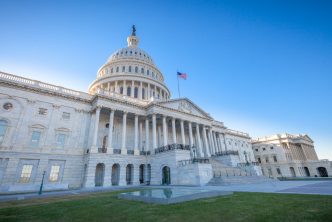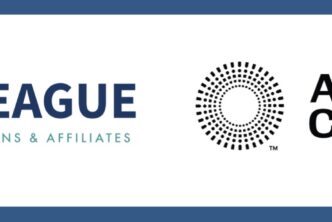On Wednesday, the Alabama Joint Legislative Task Force on Budget Reform met for the third time in Montgomery to continue its work on reform recommendations that will be made to the legislature in the upcoming session. The meeting began with a presentation from the American Legislative Exchange Council’s Vice President Jonathan Williams on the five common budgetary issues facing states.
Among these issues were over-earmarking, a budget structure that is not unified, over-reliance on federal funds, tax policy that is over-reliant on income taxes, and pension systems that are propped up by state funding. Williams said that Alabama struggles with each of these issues.
Rep. Danny Garrett (R-Trussville) reported that biennial budgeting was still being discussed among his group members. He also said they were looking at certain agency funding that does not go through the appropriation process.
Sen. Phil Williams (R-Gadsden) heads up the study group on agency review. Since the last meeting, he has sent a letter to all state agencies asking for the amount of federal funding those agencies receive and inquiring if the agency has funds that are carried over to the next year. Although some agencies have not responded, Williams said that part of Alabama’s funding problems could be solved by taking any money not spent by state agencies and applying it to the next year’s budget.
Allen Farley (R- McCalla) leads the study group on earmarking. He has reported that 93 percent of the Alabama budget is earmarked and that he plans to reach out to states that have significantly decreased their earmarking.
The study group that has the attention of credit unions is the Tax Exemptions and Credits group. Led by Sen. Bill Holtzclaw (R-Madison), this group is still in the process of collecting data on all tax exemptions and credits. He did say that he would like to establish a process by which tax exemptions and credits are justified and asked if they are bringing a “return on investment.” Holtzclaw said he plans to reach out to other members once all data is collected.
The final report came from Sen. Bill Hightower (R-Mobile) on Tax Relief. His main focus was on a 1991 Report from the Alabama Commission on Tax and Fiscal Policy Reform. This report recommended that earmarking be repealed, Alabama’s income tax be computed as a flat percentage of federal adjusted gross income, and all property be assessed at 100 percent of its value. You can find a copy of that study here.
The Task Force meets again on Dec. 14 in Montgomery, AL. The LSCU Advocacy Team will continue to keep you up-to-date on this and all other advocacy issues.





